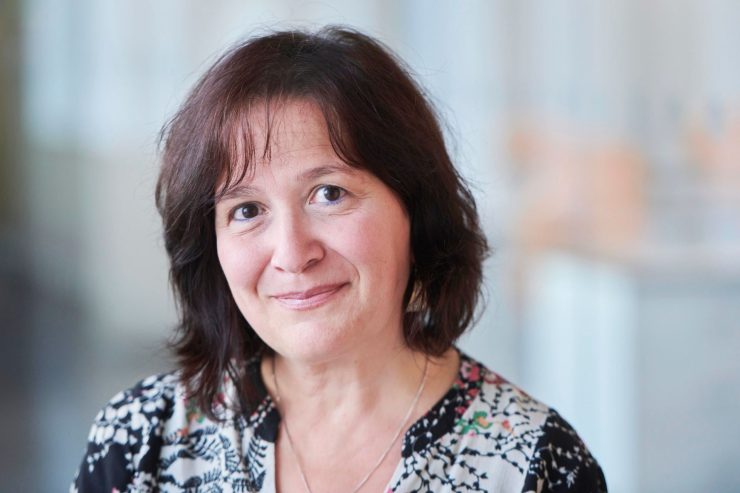Biological Sciences student Sandra Skubis tells us about one of her favourite spots at uni.
One of my favourite places at Brighton University is Huxley Building located at the Moulsecoomb campus.
Specialist facilities at Brighton
Huxley itself has seven floors, mainly filled with specialised labs but also lecture halls and offices. My favourite floors are the 4th and 5th as this is where I spend most of my time participating in practicals. Whenever I enter the premises of this building, I’m amazed by the amount and variety of equipment available. The most impressive apparatus I’ve seen so far includes an NMR machine, spectrophotometers, 3D printers, DNA sequencing system and X-Ray Photoelectron Spectrometer.
Continue reading “Why study at Brighton? The Huxley building!”




 Tell us about the subject area(s) you teach at undergraduate level?
Tell us about the subject area(s) you teach at undergraduate level?